
Reuters
1912 newsArticles by author
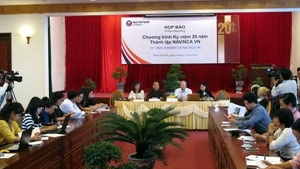
EU backs refugee-sharing plan, exposing east-west rift
The European Union approved a plan on September 22 to share out 120,000 refugees across its 28 states, overriding vehement opposition from four ex-communist eastern nations.
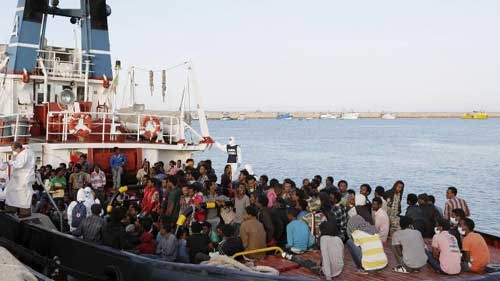
Militants, migrants, pope and Putin to headline at UN
World leaders will gather for their annual meeting at the United Nations starting September 25 as Europe faces a flood of asylum seekers, many fleeing Syria's civil war in the worst humanitarian crisis since the world body was created 70 years ago.

On US visit, China's president says committed to reforms
Chinese President Xi Jinping sought to reassure US officials on September 22 that Beijing remains committed to financial reforms and an open economy.

Triumphant Tsipras returns to fight for Greek economy, debt relief
Alexis Tsipras took the oath of office for a second term as Greek prime minister on September 21, promising to revive the crippled economy while demanding debt relief from creditors as his "first big battle" following an unexpectedly clear election victory.

Hungary beefs up border with army, warns migrants to stay away
Hungary's parliament authorized the government on September 21 to deploy the army to help handle a wave of migrants, granting the military the right to use non-lethal force.
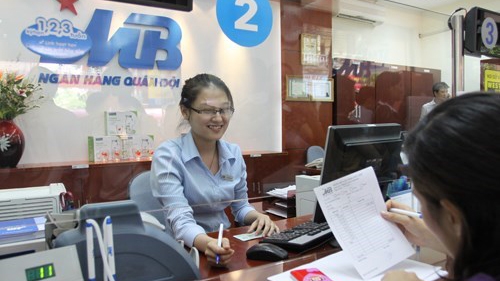
Military Bank raises $191 mln via share sale
Military Commercial Bank, Vietnam's sixth-largest partly private lender by assets, said it had raised VND4.29 trillion (US$191 million) via selling new shares to four domestic institutional investors.
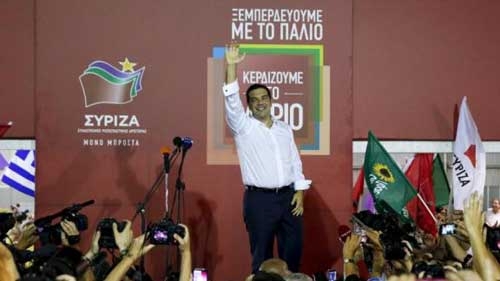
Tsipras returns in unexpectedly decisive vote win
Greek leftist Alexis Tsipras stormed back into office with an unexpectedly decisive election victory on September 20, claiming a clear mandate to steer Greece's battered economy to recovery.
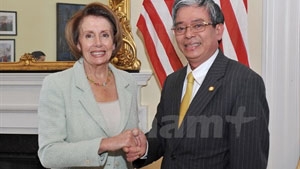
Kerry says US ready to take more refugees
The United States will increase the number of refugees it takes in by 15,000 over each of the next two years, bringing the total to 100,000 by 2017, US Secretary of State John Kerry said after talks with his German counterpart on September 20.
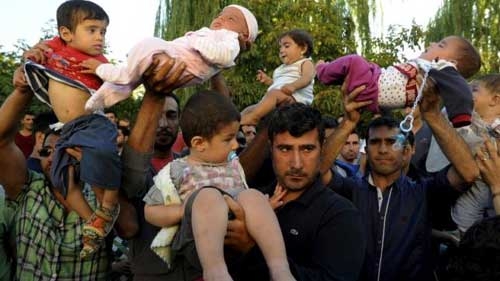
Refugee crisis to test EU at summit of divided leaders
Bitterly-divided European leaders will seek to find a credible response to the continent's worst migration crisis since World War Two at an emergency summit this week.
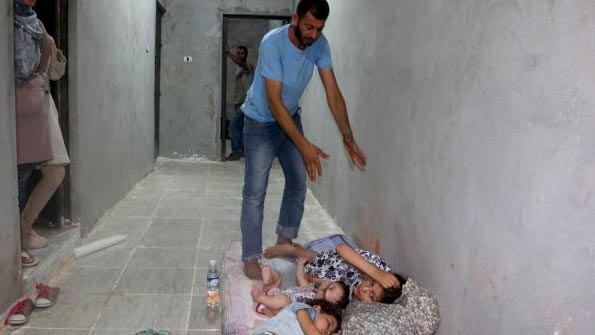
East European leaders in war of words as migrants pour across borders
Hungary and Croatia traded threats on September 19 as thousands of exhausted migrants poured over their borders, deepening the disarray in Europe over how to handle the tide of humanity.
